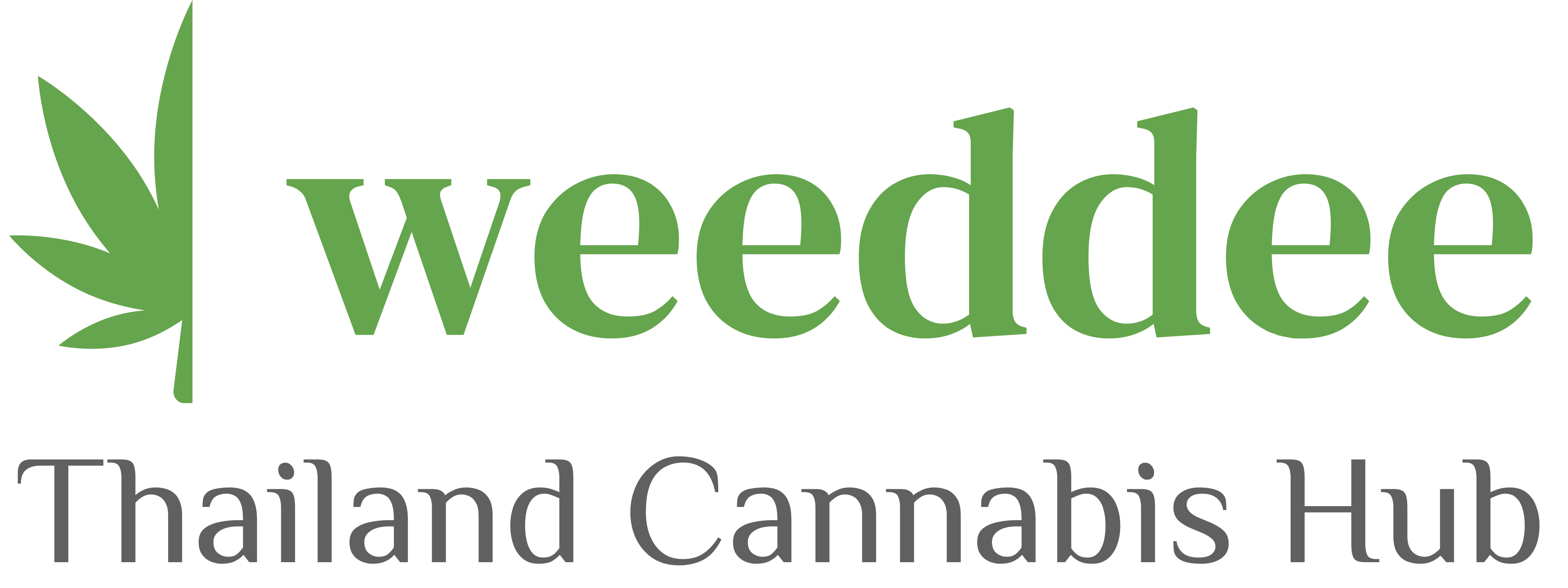The Future of Cannabis Testing Labs in Thailand
Navigating the Evolving Landscape of Cannabis Testing in Thailand
As Thailand continues to pave the way for a burgeoning cannabis industry, the importance of rigorous testing and quality control cannot be overstated. The legalization of cannabis in June 2022 marked a significant turning point, but it also brought forth a myriad of challenges and opportunities in the realm of cannabis testing labs.
The Current State of Cannabis Testing in Thailand
Thailand’s journey into the cannabis industry is marked by innovative steps, such as the establishment of the country’s first legal cannabis laboratory at Rangsit University. This lab, supported by the anti-narcotics bureau, has been instrumental in developing medical cannabis products, including THC-infused wafers, massage oils, and a unique flavorful powder combining marijuana with traditional Thai ingredients like sandalwood, ginger, and pepper.
However, the industry faces several hurdles, including the limited supply of legal marijuana plants and the need for strict quality control measures. The government has introduced regulations requiring licensed sellers, distributors, and processors to track the origins, utilization, and stock of controlled herbs, emphasizing the importance of traceability.
Quality Control and Potency Analysis
Quality control is a critical aspect of the cannabis industry, particularly when it comes to ensuring the potency and safety of cannabis products. In the US, for example, state-certified labs are mandated to test cannabis products for cannabinoid potency and contaminants such as molds, pesticides, and heavy metals. This stringent testing is essential to maintain consumer trust and compliance with regulatory standards.
In Thailand, similar measures are being implemented. The focus is on standardizing testing procedures to ensure consistency and accuracy. Laboratories are adopting advanced techniques like high-performance liquid chromatography (HPLC) to quantify delta-9-THC content and other cannabinoids. This approach helps in reducing the risk of “hot” crops, which have THC levels exceeding the legal limit of 0.3% by dry weight.
Challenges and Opportunities
The cannabis testing sector in Thailand is not without its challenges. One of the significant issues is the lack of standardized regulations across different regions. As seen in the US, each state has its own set of regulations, which can complicate the testing process. However, organizations like ASTM International and AOAC International are working towards creating consensus methods for cannabis testing, which could help in standardizing analytical procedures globally.
Another challenge is the need for continuous improvement in laboratory workflows and quality management systems. A robust quality management system is crucial for producing high-quality, traceable data that can withstand audits and complaints. Transparency and continuous improvement in testing processes can significantly enhance customer trust and confidence in the testing sector.
Future Outlook and Regulatory Framework
As Thailand moves forward, the regulatory framework is expected to become more defined. The recent introduction of traceability requirements and the prohibition on advertising and online sales of cannabis flowers unless prescribed by a medical practitioner indicate a move towards stricter regulation.
The future of cannabis testing labs in Thailand will likely involve stricter audits, tougher regulatory enforcement, and more consolidation in the industry. Laboratories will need to invest in expert personnel training, method development, and validation to stay ahead. Collaborations with other laboratories and involvement in R&D services will also be key to driving innovation and standardization in the sector.
Real-World Examples and Case Studies
The experience of other countries can provide valuable insights for Thailand. For instance, in Minnesota, the Office of Cannabis Management is working diligently to establish comprehensive regulations for the adult use, medical, and hemp-derived markets. This includes detailed rules on storage, labeling, and testing of products, as well as how inspectors and local governments should operate. The emphasis on quality control and potency analysis is evident in the meticulous testing processes, such as those conducted by Hannah Tims, the regulatory lab services coordinator, who ensures that cannabis products meet the required THC levels.
Conclusion and Next Steps
The future of cannabis testing labs in Thailand is promising but requires careful navigation of regulatory, technical, and quality control challenges. As the industry grows, it is essential to prioritize transparency, continuous improvement, and standardization.
For those interested in exploring the cannabis industry in Thailand, visiting our directory of cannabis shops can provide valuable insights into the current market landscape. Check out our list of cannabis shops in Thailand to stay updated on the latest developments.
Moreover, staying informed about the latest regulations and testing methodologies is crucial. Resources like the Agilent Guide to Cannabis Testing and the Lab Depot article on quality control can offer in-depth information on best practices and common pitfalls in cannabis testing.
As Thailand continues to build its cannabis industry, the role of rigorous testing and quality control will be paramount. By learning from international best practices and adapting to local regulations, Thailand can ensure a safe, reliable, and innovative cannabis market for its citizens.
To stay updated on the latest developments in the Thai cannabis industry, visit our blog regularly for more insights and updates. If you are looking to explore the cannabis market in Thailand, our directory is a comprehensive resource to find licensed and reputable cannabis shops. For more information on cannabis testing and quality control, you can also refer to our other blog posts and external resources.
Check out our blog posts for more detailed articles on the cannabis industry in Thailand.
Read more about the present and future of cannabis in Thailand on Cannavigia.
Learn about Thailand’s first legal cannabis lab at The World.
By focusing on quality, transparency, and innovation, Thailand can lead the way in the Southeast Asian cannabis market, providing high-quality products that meet international standards.



